This is how water nourishes our shared cultural heritage
Human civilizations flourished along waterways and throughout our history, the value of water has been enshrined in ritual and tradition. We look at some of the ways in which water is respected, celebrated and ritualized across the globe.
The value of water is multifaceted. It has inherent value to every one of us because we need water to survive and prosper. But water also has a timeless spiritual value that can be easily forgotten. We look at some of the festivals and rituals that respect and celebrate water across the globe.
Ritual cleansing across religions
The ‘Abrahamic religions’ of Christianity, Islam and Judaism together cover the majority of the world’s religious observers, with 55% of the world’s population following either Christianity or Islam. Their shared history can be seen in a shared reverence for water in ritual.
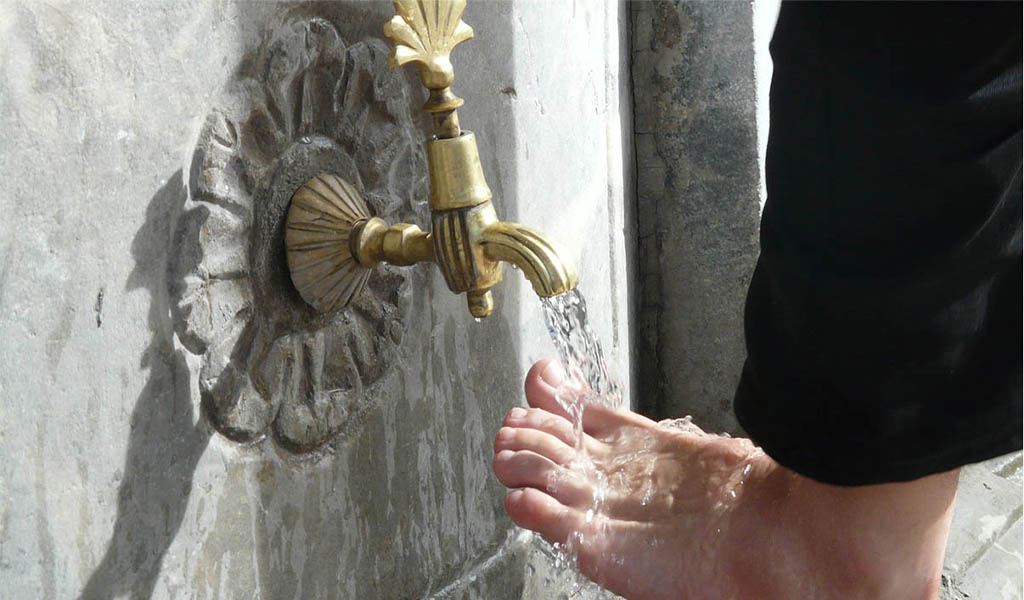
In Christianity, holy water is water that has been blessed by a member of the clergy, and is used in christenings, baptisms, and in blessings. In Islam, prior to prayer, Muslims must perform Wudhu, a ritual washing. To be considered clean, they must wash their faces, hands, arms, and feet. It is important to Muslims to be cleansed before prayer, both physically and spiritually. The Jewish faith also considers water important to cleansing rituals. In Judaism, a mikvah is a pool of natural water in which one bathes for the natural restoration of ritual purity.
Ritual washing is also a central part of other major religions, including Buddhism, Taoism, Sikhism, Shinto, and Hinduism. In particular, followers of Hinduism worship water sources as divinities and the pilgrimage of Kumbh Mela, along the Ganges, Yamuna and Saraswati rivers is among the largest on Earth, bringing together an estimated 120 million people in 2019.
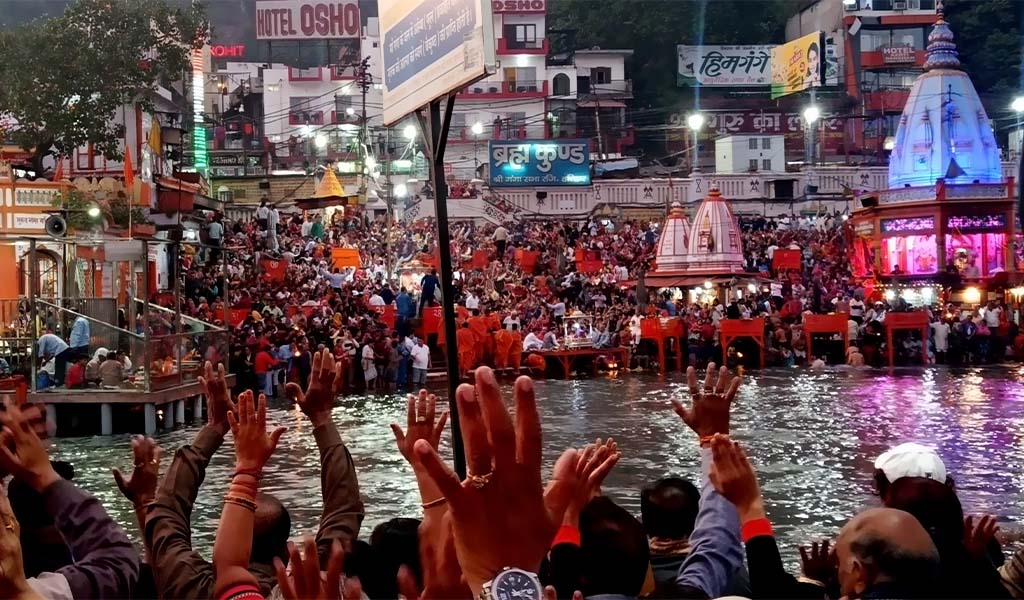
The spirituality of water among Native Americans
Water has been sacred to Native American tribes since time immemorial. For many, the intimate connection between indigenous people, their tribal lands and the water forms a crucial part of their beliefs, with water symbolism evoking life, death, creation and destruction, nourishment and deprivation.
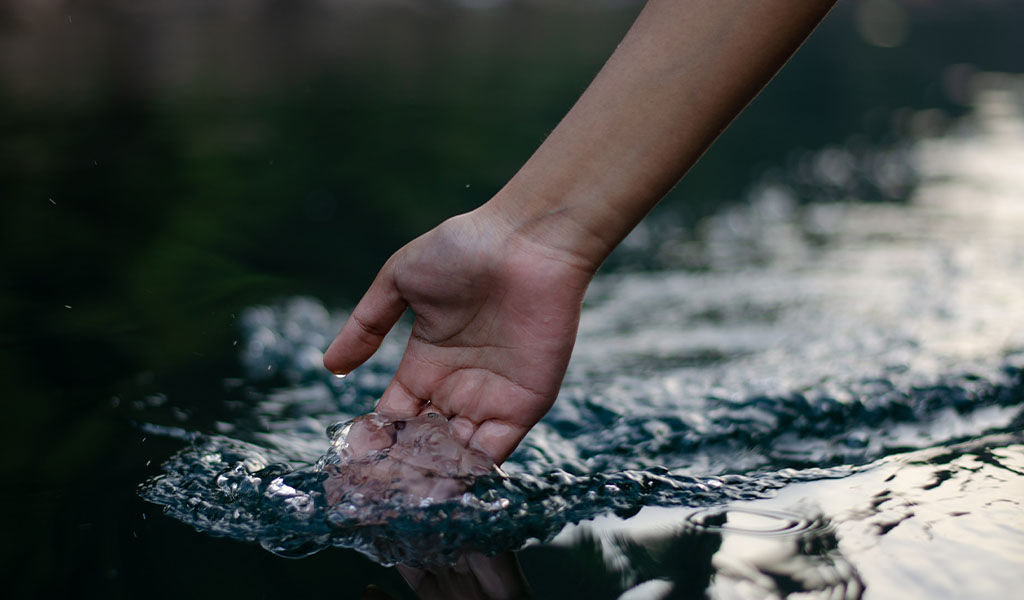
The Cherokee people of Southern Tennessee refer to the river as ‘the Long Man’, a benevolent spiritual entity who nurtures all Cherokee lives, cures all ills and represents the source of wisdom. Their water rituals include a morning ritual called ‘going to water’, thought to clean away illness and bad thoughts. The river is considered so sacred that spitting, bleeding or defecating in its waters is taboo.
Across the country in Nevada and California, the Washoe tribe believe that magical creatures known as ‘Water Babies’ or ‘Me-tsung’ inhabit all bodies of water, including the most sacred of all lakes, Lake Tahoe. These creatures are both frightening and enchanting, as they evoke the power of the Great Mystery – a supreme being – and have the power to aid or strike down anyone fishing or crossing the lake. As caretakers, they believe water reflects the strength and potency of the natural world, and as such commands reverence and respect.
Mami Wata, the African water spirit
Mami Wata is a water spirit recognised and celebrated in West, Central and Southern Africa, and among the African diaspora all over the world. Half-human, half-fish, she can bring good fortune in the form of money, and is celebrated through ritual song and dance. Mami Wata is often depicted as a mermaid, though artistic depictions have been influenced by different African cultures, and by interactions with traders during the 19th century. Mami Wata’s influence travelled with enslaved peoples from Africa to the Americas and the Caribbean, where she has remained a celebrated deity, despite attempts by slavers and colonial powers to stamp down on African spirituality for centuries.
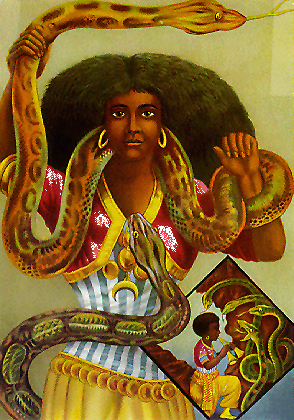
Honouring and communicating with deities in Asia
In much of Asia, water is used as a vital means to connect to deities. In the Philippines, the Ifugao people practice the ‘punnuk’, a ceremony, an intense tugging match which takes place in the Hapao River, as part of their post-harvest rituals. During the punnuk, participants pray for their gods’ blessing, and the winners are believed to secure a year of plenty ahead, while the losers will endure a lean year.
In Southeast Asia, the new year is celebrated with water festivals. Thailand’s New Year water festival is called Songkran, from the Sanskrit meaning to move or step forward. Activities include cleaning homes and public spaces to start the new year fresh and clean, sprinkling water onto images of Bhudda to receive new year blessings, and pouring water onto elderly family members to show respect.
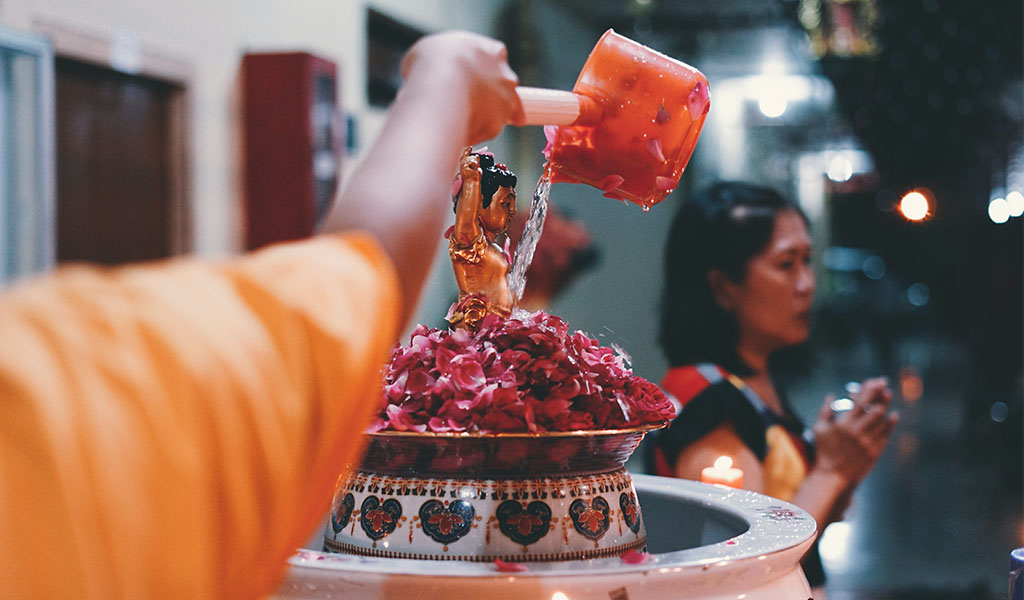
Water is precious across cultures
The value we place on water can be seen in the way that it is worshipped and celebrated across cultures and geographies. For as long as humans have walked the earth, water has been a source of life and death, and it is perhaps no surprise that so many cultures have developed rituals and traditions that reflect this dual nature of water. While the spiritual value of water might not be easily quantifiable, it should be respected.